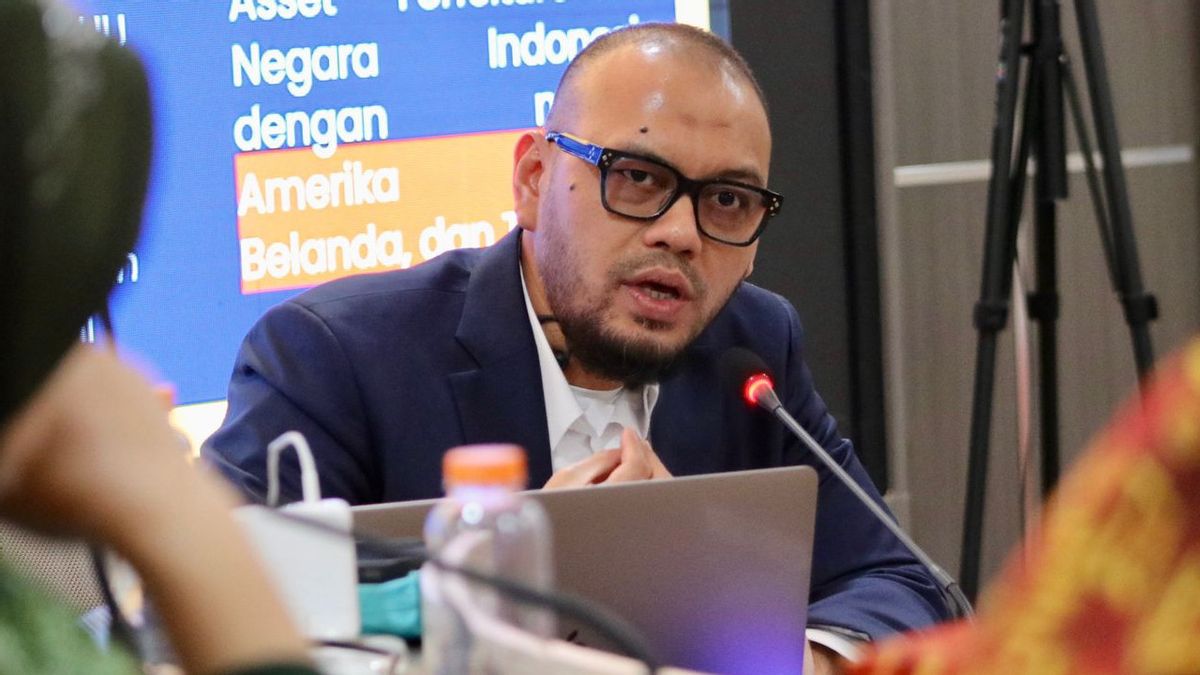JAKARTA - Legal and development observer Hardjuno Wiwoho believes restructuring can be a solution to save PT Sri Rejeki Isman or PT Sritex.
"The bankruptcy decision from the Commercial Court is still open for cassation and review, so that the legal status is not final and allows for better restructuring options," Hardjuno said in Jakarta, quoted from Antara, Wednesday, October 30.
In the restructuring process, he continued, the keyword is how to maintain the sustainability of the national Textile and Textile Product (TPT) business as a whole, not just Sritex. This is because many other textile factories are also experiencing similar pressure due to large debts and intense competition, especially from imports of cheap textile products from China.
"The Sritex case is indeed a big example, but small to medium-sized factories are now facing similar threats," he said.
However, the solution taken needs to avoid bailout funds directly from the state, as the process of being responsible for public funds in the bailout will be very complicated.
According to him, a more effective and legally accountable solution is to support the issuance of new bonds or shares.
"This can not only provide additional capital for Sritex to pay off debts, but also reduce the country's direct burden," Hardjuno explained.
He also said that the government needs to strengthen the national textile industry in order to be able to compete in the midst of import pressure. This step can include stricter trade policies and support for the domestic industry through incentives or tariff protection for local products.
Regarding receivables from state-owned banks, the main approach that needs to be considered is debt restructuring in a transparent and effective manner. Currently, Sritex's large debt to a number of state-owned banks, such as BNI worth 23.8 million US dollars and regional development banks, reflects significant risks to the stability of the bank's assets.
"So, it is important for the government and banks to take a careful approach so that the public funds used by these state-owned banks are not lost," he said.
The solution that can be done is rescheduling payments or restructuring credit requirements to reduce direct pressure on Sritex cash flow. But on the other hand, if restructuring makes it difficult, selling non-core Sritex assets can be an option to pay off some obligations to creditors, including state-owned banks.
Meanwhile, the government can also while strengthening the legal basis for the required debt restructuring. For example, the government can guarantee that banks do not lose money in the long term and stabilize the textile sector so that there is no drastic reduction in the number of local industry players.
"With an approach like this, state-owned banks can reduce the risk of debt losses gradually, while still supporting economic recovery in the TPT sector which is important for the national economy," he said.
BACA JUGA:
Presiden Prabowo Subianto telah meminta jajaran kementeriannya untuk berupaya agar tidak ada terhentikan hubungan kerja (PHK) terhadap karyawan Sritex dan agar perusahaan textile itu tetap beroperasi.
This was conveyed by the Minister of Manpower (Menaker) Yassierli after President Prabowo held a limited meeting with ministers, including Coordinating Minister for the Economy Airlangga Hartarto and Minister of Finance Sri Mulyani, yesterday.
President Prabowo, said the Minister of Manpower, stated that the government would not allow layoffs to occur against Sritex employees.
The government believes that layoffs will not occur because the option to file an appeal against the Semarang Commercial District Court decision will be taken.
The English, Chinese, Japanese, Arabic, and French versions are automatically generated by the AI. So there may still be inaccuracies in translating, please always see Indonesian as our main language. (system supported by DigitalSiber.id)
















